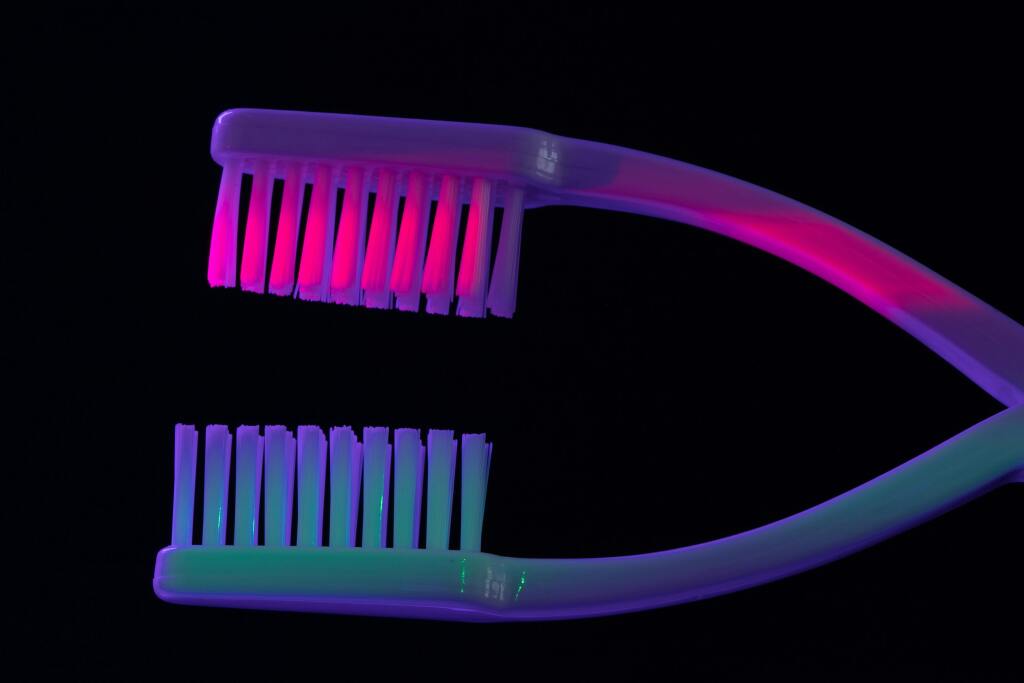Electric toothbrushes have revolutionized oral hygiene, promising cleaner teeth, healthier gums, and a more effective brushing routine.
But a rising concern among some dental professionals and patients is stirring controversy: Can electric toothbrushes actually weaken your teeth or damage your gums?
Let’s separate myth from fact and explore whether this high-tech tool is helping or harming your oral health.
⚡ What Are Electric Toothbrushes?
Electric toothbrushes are powered devices that use oscillating, rotating, or sonic movements to clean teeth more efficiently than manual brushing.
They’re especially beneficial for:
- People with limited dexterity (e.g., arthritis)
- Children or those who struggle with brushing consistency
- Anyone looking to improve plaque removal
But like any tool, their effectiveness depends on how you use them.
🦷 Can Electric Toothbrushes Damage Your Teeth?
The short answer: Not if used correctly.
The long answer: Improper use can lead to enamel erosion and gum recession over time.
💥 What Can Go Wrong?
- Brushing Too Hard
Many people apply excessive pressure while brushing, thinking it leads to a better clean. With an electric toothbrush, this pressure, combined with high-speed motion, can wear down enamel and irritate gums. - Using Abrasive Toothpaste
Pairing your electric brush with whitening or gritty toothpaste can create a scrubbing effect, leading to sensitivity or enamel thinning. - Old or Frayed Brush Heads
Overused bristles become rough and ineffective. They can also scratch the enamel and fail to clean properly. - Brushing for Too Long
Overbrushing (more than 2 minutes per session) can do more harm than good, especially with electric models.
✅ How Electric Toothbrushes Actually Help (When Used Right)
Despite concerns, studies consistently show that electric toothbrushes:
- Remove more plaque than manual brushing
- Reduce gingivitis and gum inflammation
- Promote better brushing habits through timers and sensors
- Are gentler overall when equipped with pressure sensors and soft bristles
Most damage isn’t due to the device, but due to user error.
🧠 Electric vs. Manual: What’s the Safer Option?
Both can be effective when used properly. But electric brushes offer built-in advantages:
Feature | Manual Toothbrush | Electric Toothbrush |
Plaque removal | Good | Excellent |
Risk of overbrushing | Lower | Moderate (if misused) |
Built-in timer | ❌ | ✅ |
Pressure control | ❌ | ✅ (in many models) |
Best for kids/elderly | ❌ | ✅ |
The key takeaway? It’s not the tool, it’s how you use it.
🧪 How to Use Your Electric Toothbrush Safely
Follow these tips to protect your enamel and gums:
- 🪥 Use a soft-bristled brush head
- ⏱️ Brush for 2 minutes twice a day only
- 🧴 Use non-abrasive toothpaste
- 🖐️ Let the brush do the work, don’t press hard
- 🔁 Replace brush heads every 3 months
- 🪞 Check for signs of overbrushing like gum recession or sensitivity
🤔 FAQs: Electric Toothbrush Concerns
1. Can electric toothbrushes cause gum recession?
Yes, if used with too much pressure or incorrect technique. Use a brush with a pressure sensor to avoid this.
2. Do electric toothbrushes damage enamel?
Not inherently. Damage occurs from overbrushing or abrasive products, not from the device itself.
3. Is sonic brushing too harsh?
No, sonic brushes are generally safe and effective when used gently and with the right toothpaste.
4. Should children use electric toothbrushes?
Yes, with supervision. Look for child-friendly models with softer settings and smaller heads.
5. Are pressure sensors important?
Absolutely. They help prevent enamel and gum damage by alerting you when you’re brushing too hard.
🧘 Final Thoughts
Electric toothbrushes are powerful tools for better oral hygiene, but they’re not magic wands.
When used correctly, they improve gum health, remove more plaque, and make brushing easier and more consistent.
However, when misused, they can contribute to sensitivity, gum recession, and enamel damage.
🦷 The bottom line? Technique matters more than the tool.
Brush gently, use the right toothpaste, and replace your brush head regularly, and your electric toothbrush will be your smile’s best friend.
















